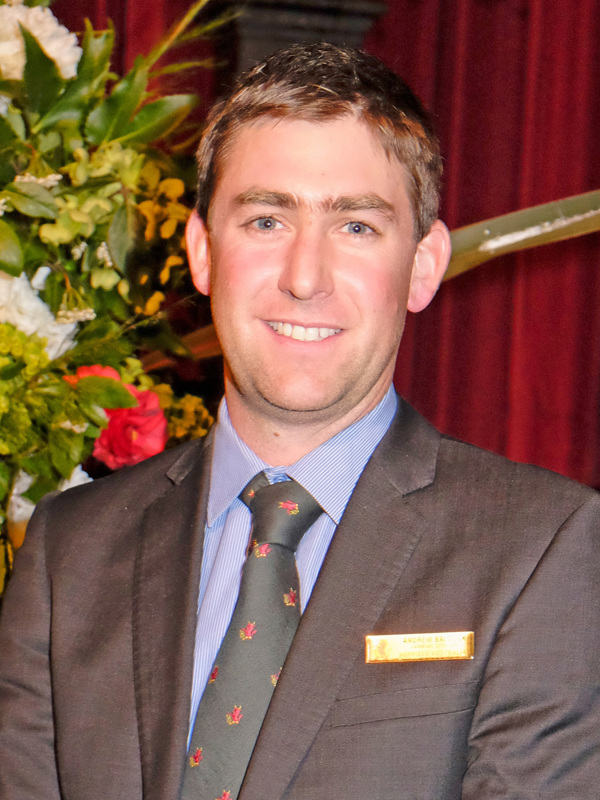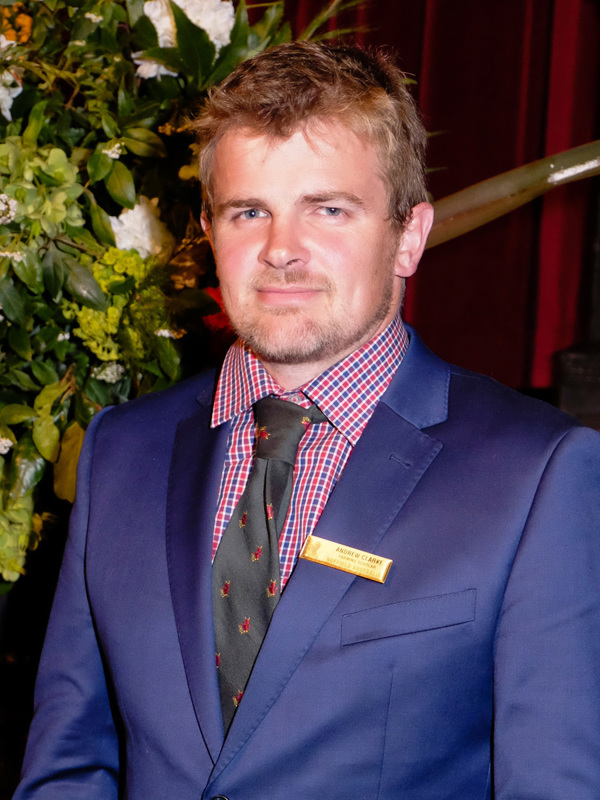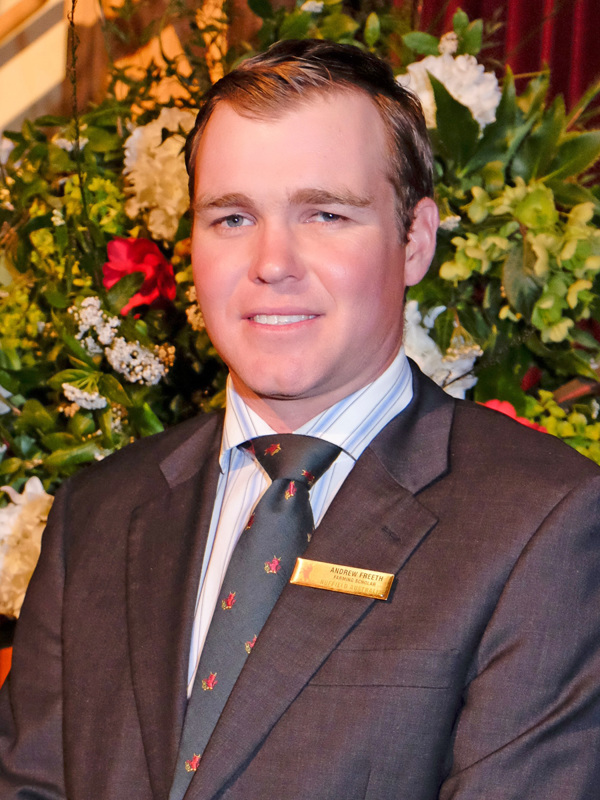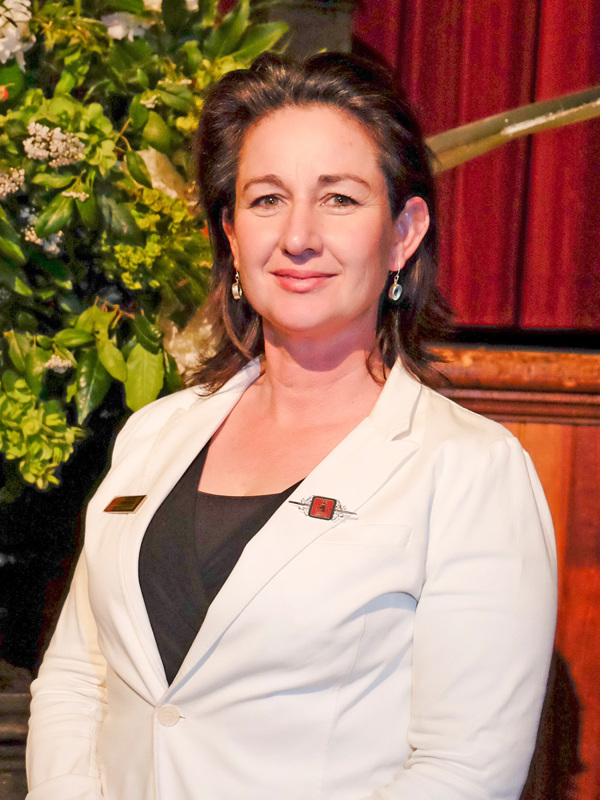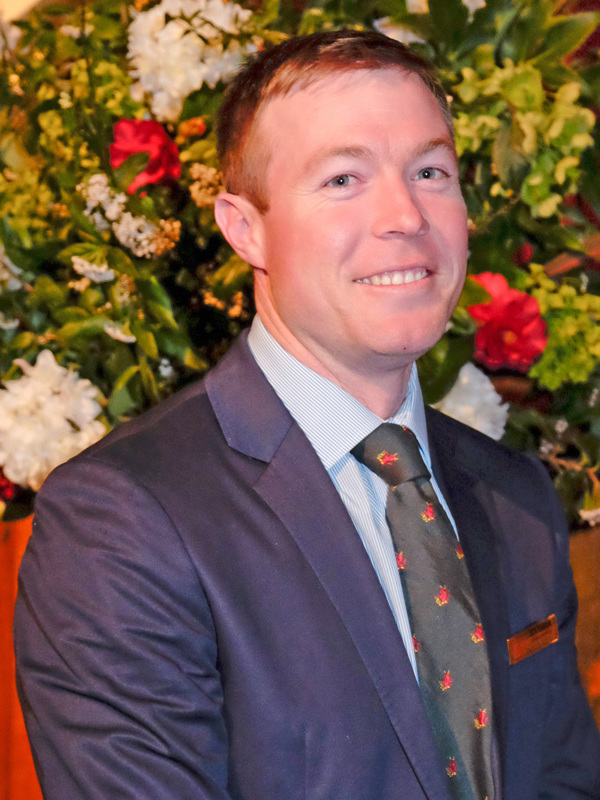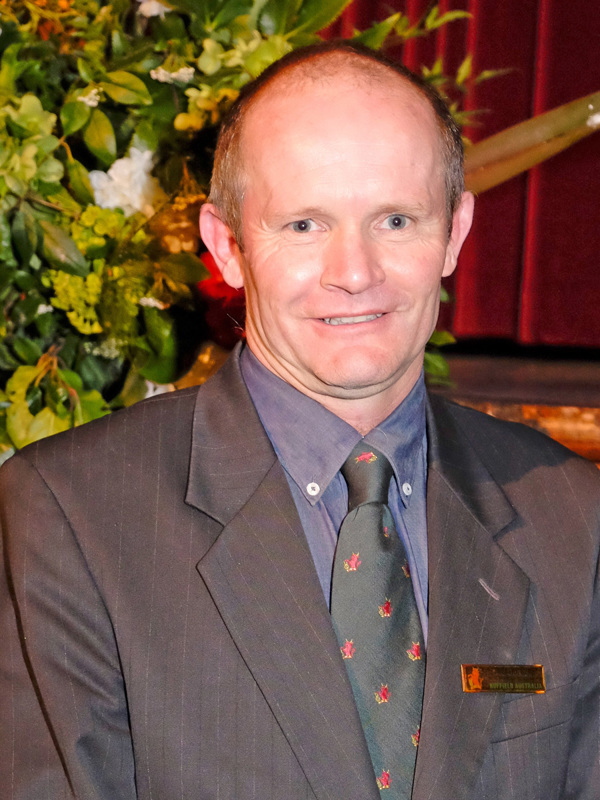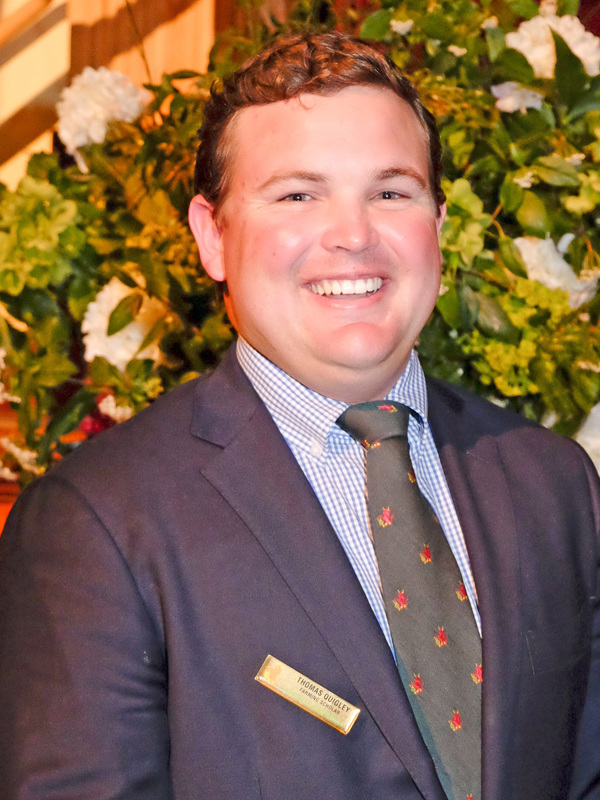
Abby McKibben

Nuffield Australia 2015 Scholar
Focus on product provenance can drive growth and sustainability for Australian producers
A rethink of how we communicate provenance of Australian food and drink products could help drive higher shelf prices according to a new report released by 2015 Scholar Abby McKibben. As consumer demand for products with traceable, meaningful and unique backgrounds continues to grow, Ms McKibben’s report explores opportunities for farmers to sharpen their marketing efforts by leveraging the power of provenance on packaging, customer experience and brand narrative.
Ms McKibben works as a Brand Manager for Huon Aquaculture, and having returned to the role in her home state of Tasmania after nearly four years living in Hong Kong where over 80% of the food is imported, she repatriated with a greater appreciation for the availability of quality, fresh and locally grown produce and the significant marketing opportunities open to producers by virtue of their geographical location.
Her scholarship was supported by Blundstone, Roberts Ltd, Tasmanian Alkaloids and the William Gatenby Memorial Trust.
“I was eager to use my Nuffield experience to highlight producers around the world who have successfully built brand identities and points of difference by focusing on provenance. In nearly all cases this strategy allowed producers, particularly in the largely unbranded seafood category, to get both higher prices for their products and to improve the sustainability of their brands.”
Ms McKibben’s report finds that provenance can mean more than just the geographical origin of the product, and outlines that both cultural (reputation and perception of the product or region) and social (production and processing methods) aspects are equally important to consumers. She cites the marketing emphasis on ‘organic’ products typically leading to a higher price point as an example.
“Consumers are impressionable and growing consumer trends highlight an emotional connection to food that impacts purchasing decisions beyond just place. In a global food marketplace that is more competitive than ever, producers who communicate provenance values clearly and quickly will promote purchase and drive loyalty.”
The motivation for the report came from her work at Huon Aquaculture, where she is seeking to grow the brand of salmon caviar in the Australasian market.
“Huon’s foray into salmon caviar actually occurred by accident in the early 2000’s, when fish matured early and produced unfertilised eggs. We sold this roe to existing customers at a low price, and over the following ten year period we began to increase the production and our knowledge in best production and eventually the price of the roe also. Due to most seafood being sold fresh, it is one of the most unbranded products in Australia. Knowing that consumers increasingly want products with clear histories and origins, and given the growing identity of Tasmania as a world-class producer of quality food and drink, we recognised the opportunity to build this provenance story into our salmon caviar product to assist it compete in one of the best regarded luxury food categories.”
Travelling through Europe, the United Kingdom, United States and Asia during her Nuffield journey, Ms McKibben met with producers who used various elements of provenance to promote their products. Her report uses the case study of a boutique smoked salmon producer, Glenarm, in Northern Ireland, which through a focus on the organic production of its brand, has obtained a niche, high end position in the smoked salmon market. But Glenarm’s trajectory was not without its challenges.
“Northern Ireland is subject to a type of ‘provenance paradox’, whereby because it isn’t typically associated with boutique or high quality food products, they were starting from a low reputational base when it came to geographical provenance. However, through a focus on social provenance (organic, sustainable production), they were able to establish their brand as high-end and boutique and, as a consequence, cement their place in a premium price bracket.” Ms McKibben said.
The report also explores the need to ‘protect’ provenance, an activity nearly as important as marketing provenance.
“Where an industrial or regional framework is not in place, producers should consider other means of external validation to enhance or authenticate their credentials and credibility, such as official production accreditation or certification, like ‘organic’. Ireland is a great example. Roughly 97 per cent of Irish salmon farming operations are now certified organic, with the remaining 3% in the process of obtaining certification. From a scale perspective, Ireland can’t compete with other salmon producing nations, producing roughly 15,000 tonnes a year compared to Norway’s 1 million tonnes, but they’ve strategically shifted their brand positioning to one of a boutique, organic producer and this has been vital to their success and competitiveness in the global market.” Ms McKibben said.
Investor Information:
Blundstone, Tasmanian Alkaloids, Roberts a Ruralco Company and Robert Gatenby Memorial Trust

